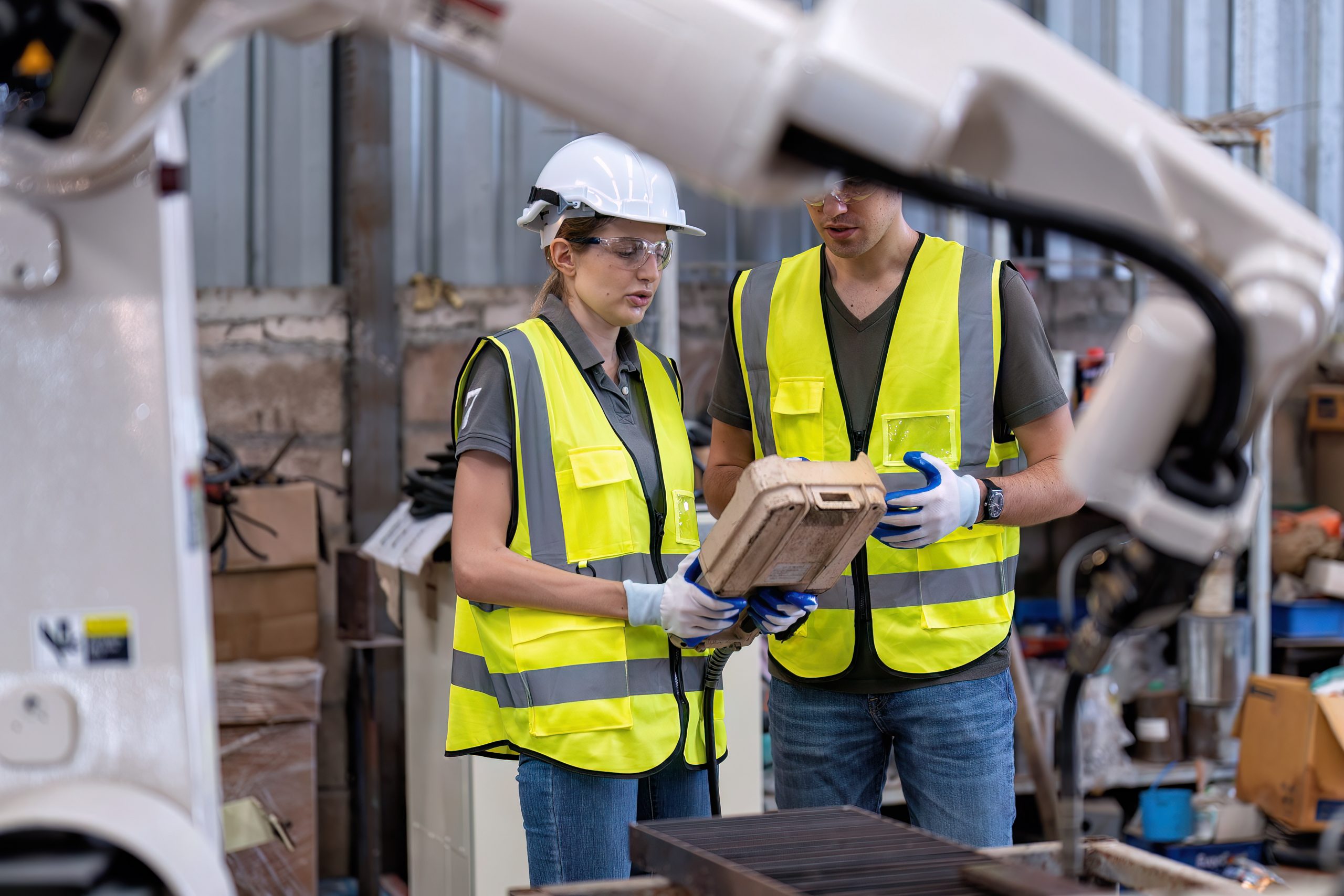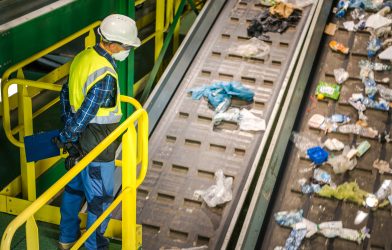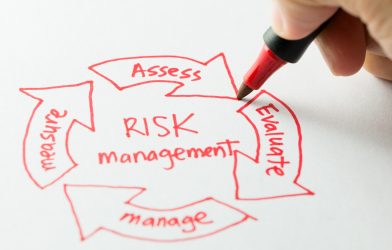In an era where sustainability is no longer a choice but a necessity, the waste management industry is undergoing a transformation. The integration of automation and advanced technologies has become crucial in improving the efficiency, safety, and environmental impact of how we manage waste. This shift is not only optimizing traditional waste collection but also revolutionizing recycling, sorting, and disposal processes.
The Role of Automation in Waste Collection
One of the most visible aspects of automation in waste management is in waste collection. Cities worldwide are adopting smart bins and automated waste collection systems that are equipped with sensors. These smart bins monitor fill levels and send notifications when they need to be emptied, reducing unnecessary collection trips, saving fuel, and cutting down on emissions.
Automated trucks, equipped with robotic arms, are replacing traditional garbage trucks. These trucks can pick up and empty bins without human intervention, increasing collection speed and reducing labor costs. By using such technologies, cities can maintain cleaner environments while enhancing their efficiency in handling waste.
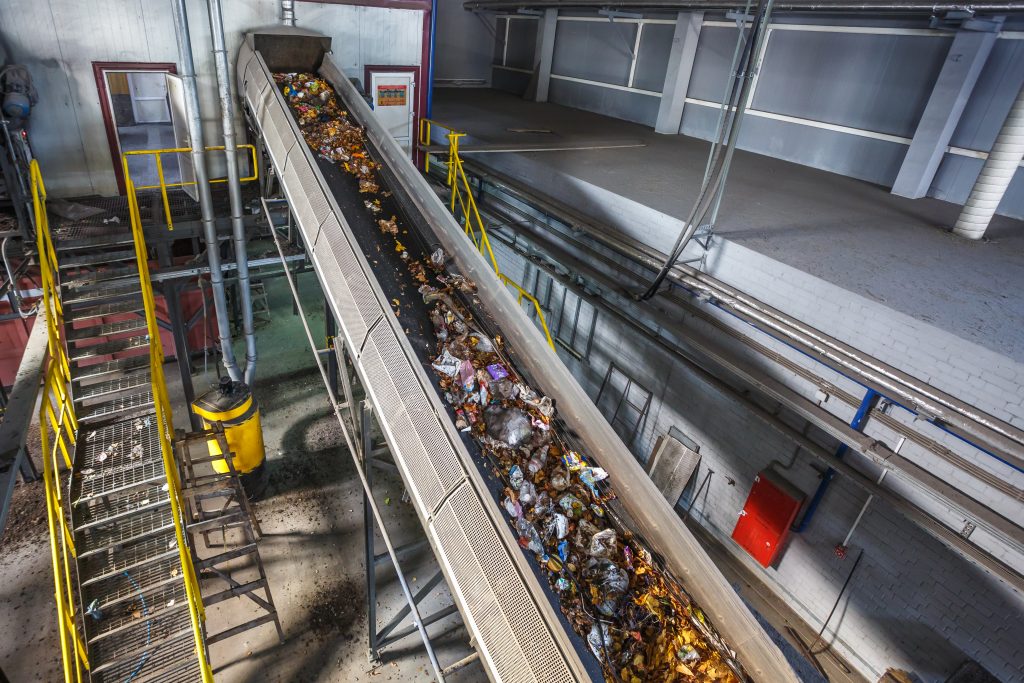
Sorting with Artificial Intelligence and Robotics
Once waste is collected, the real challenge begins—sorting. Traditional manual sorting is labor-intensive and prone to errors, but with the introduction of artificial intelligence (AI) and robotics, waste sorting has become faster and more accurate. AI-driven systems can distinguish between different materials such as paper, plastic, glass, and metals. These systems analyze the composition of waste using sensors and machine learning algorithms, ensuring that recyclable materials are separated from non-recyclable ones more efficiently than ever.
Robotic arms and conveyor systems, controlled by AI, can quickly and accurately sort waste, significantly reducing contamination in recycling streams. This automation helps in recovering valuable materials, boosting recycling rates, and reducing the need for landfill disposal.
Waste-to-Energy Technologies
Another exciting area of innovation is in waste-to-energy (WtE) technologies. As landfills reach capacity and concerns about methane emissions rise, WtE offers an alternative by converting waste into energy. Automation plays a critical role in these facilities, with sensors and AI controlling the combustion process to maximize energy output and minimize harmful emissions.
Advanced technologies such as anaerobic digestion and pyrolysis are also being used to break down organic waste and turn it into biogas, which can be used as a renewable energy source. These technologies not only help reduce the volume of waste but also contribute to a circular economy by producing clean energy from materials that would otherwise be discarded.
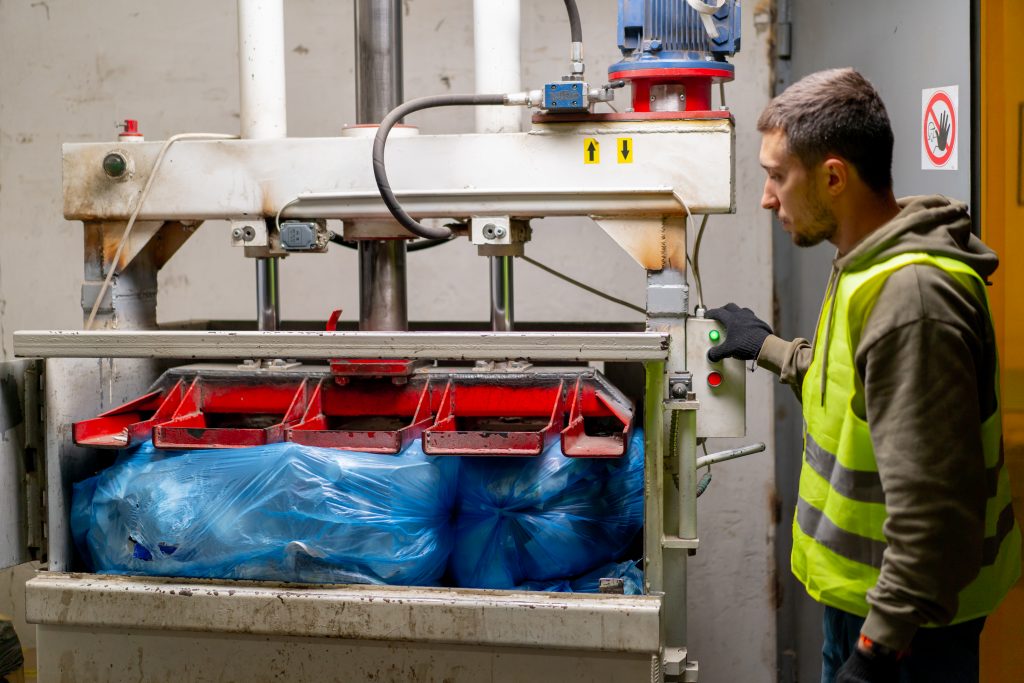
Smart Monitoring and Data-Driven Decision Making
Data is key to improving waste management systems, and automation is making it easier to collect and analyze large volumes of data. Smart sensors, GPS tracking, and IoT (Internet of Things) devices allow waste management companies to monitor waste levels, track collection routes, and predict waste generation patterns. By leveraging this data, cities and waste management companies can make data-driven decisions, optimize collection schedules, reduce costs, and enhance overall system performance.
Automation in data processing also provides insights into areas where waste reduction efforts can be improved, helping organizations meet sustainability targets and reduce their carbon footprint.
Future Prospects: Towards a Smarter Waste Management Industry
As the world continues to grapple with the growing volume of waste and the environmental challenges it poses, the role of automation and technology in waste management will only grow. Innovations such as autonomous drones for waste inspection, blockchain for transparent tracking of waste, and enhanced AI for predictive analysis are just a few examples of what the future may hold.
The integration of these technologies not only makes waste management more efficient but also plays a pivotal role in the global effort to reduce waste, conserve resources, and mitigate climate change. The future of waste management is smart, and the potential for automation and technology to revolutionize the industry is boundless.






